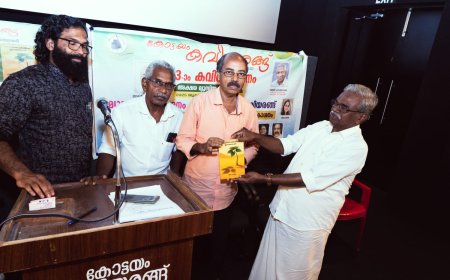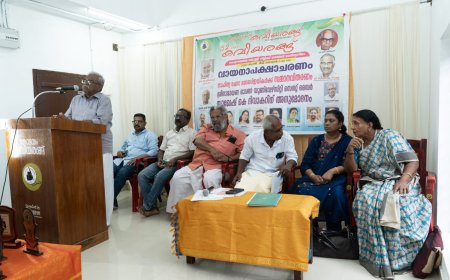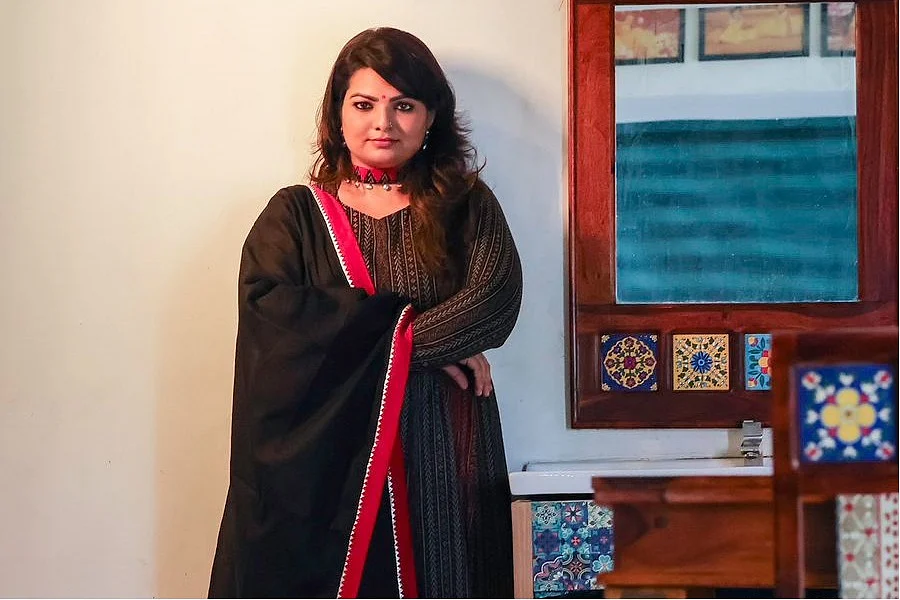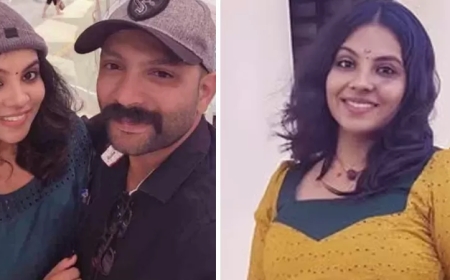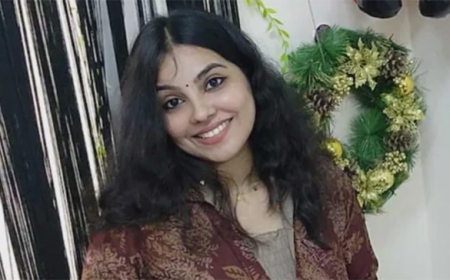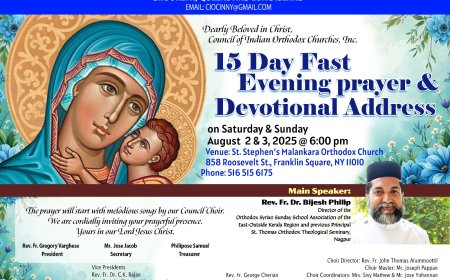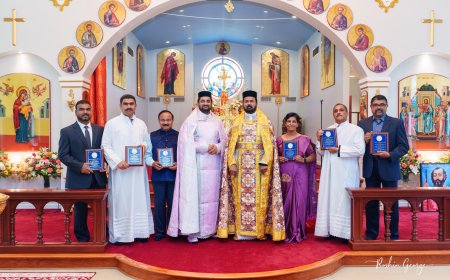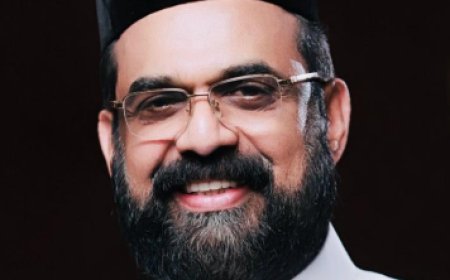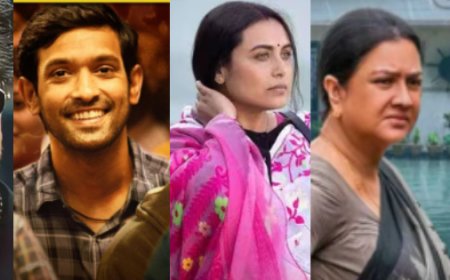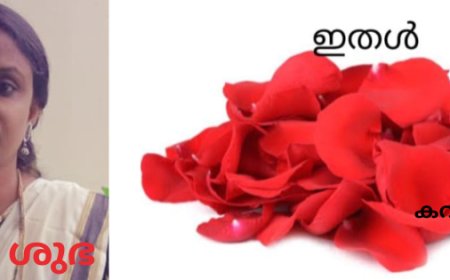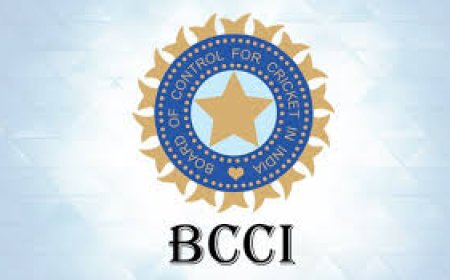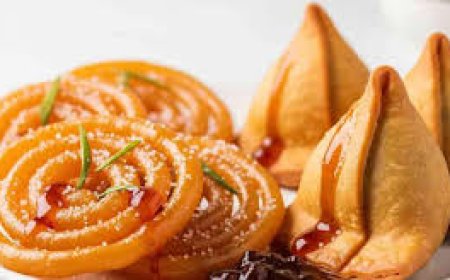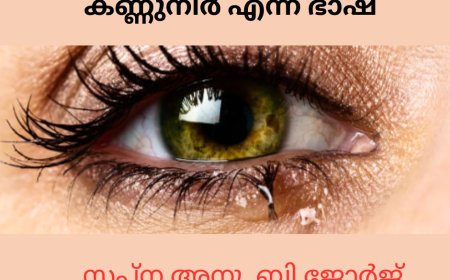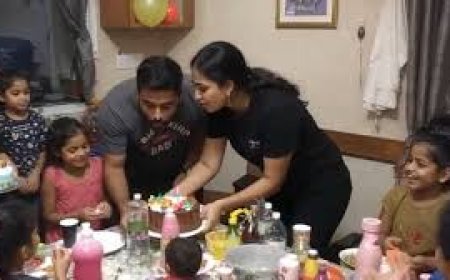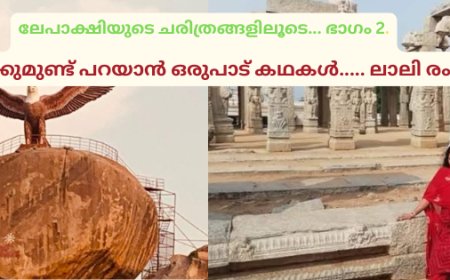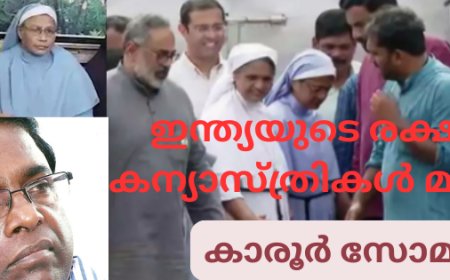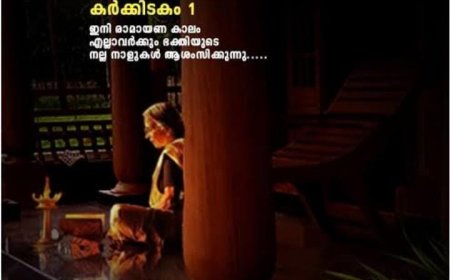Raksha Bandhan 2025: Know date, significance and Shubh Muhurat time
Raksha Bandhan 2025 will be celebrated on August 9, with rituals starting on August 8. The festival emphasises the bond between brothers and sisters, symbolizing protection and affection. This year, astrologers suggest no influence of Bhadra, making the celebration auspicious.

THE auspicious Hindu festival celebrating the brother-sister bond is near. Bandhan rituals should not be performed during Bhadra as per Drik Panchang. It is celebrated in Shravana month during full moon day or Purnima day.
Rakhi festival falls on August 9, 2025, Saturday.
Shubh Muhurat
According to Drik Panchang, it begins on August 08 at 02:12 pm and will conclude on August 09 at 01:24 pm.
“The best time to tie Rakhi on Raksha Bandhan is during Aparahna, which is late afternoon according to the Hindu division of the day. If Aparahna time is not available, then Pradosh time is also suitable to perform rituals related to Raksha Bandhan," Drik Panchang believes.
According to media reports citing astrologers, there will be no influence of Bhadra on Raksha Bandhan this year. Bhadra falls on August 8, from 2:12 PM to 1:52 PM on August 9, based on the English calendar. This means that on August 9, during the daytime, Bhadra will not be present. Additionally, Panchak, which is also considered inauspicious, begins at 2:11 AM on August 10 and ends at 5:20 AM on August 9, indicating that there is no effect of Bhadra on August 9.
Significance
The name Raksha Bandhan signifies “the bond of protection”.
On this day, a sister ties a rakhi around her brother's wrist, praying for his happiness and well-being, while the brother promises to protect her throughout life. The festival is rooted in Indian mythology, with stories like that of Lord Krishna and Draupadi, and Yamuna and Yama, which highlight the spiritual and emotional depth of this bond.
Raksha Bandhan is not just limited to siblings; it has evolved into a broader expression of affection, where people tie rakhis to those they consider protectors or loved ones, regardless of gender or relation. It is a celebration of love, trust, and the enduring ties that hold families and communities together.




